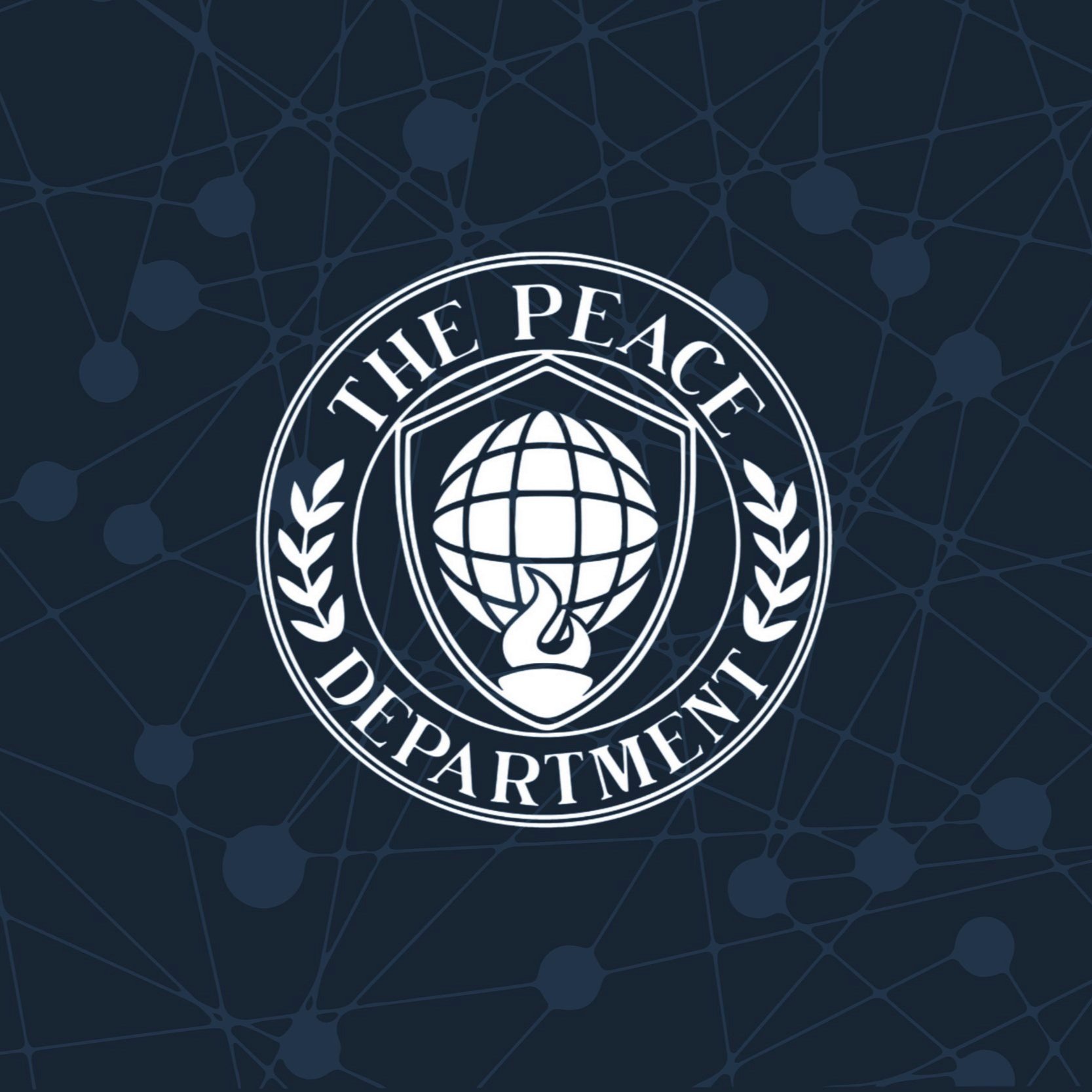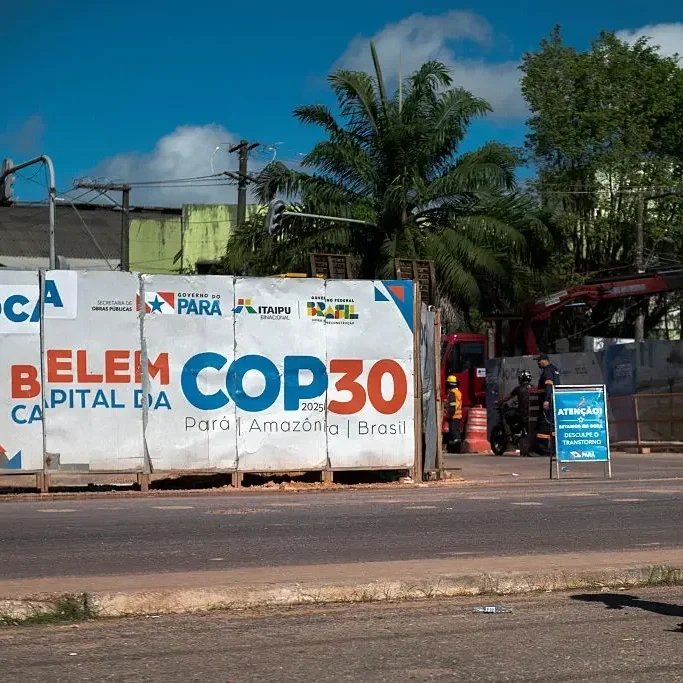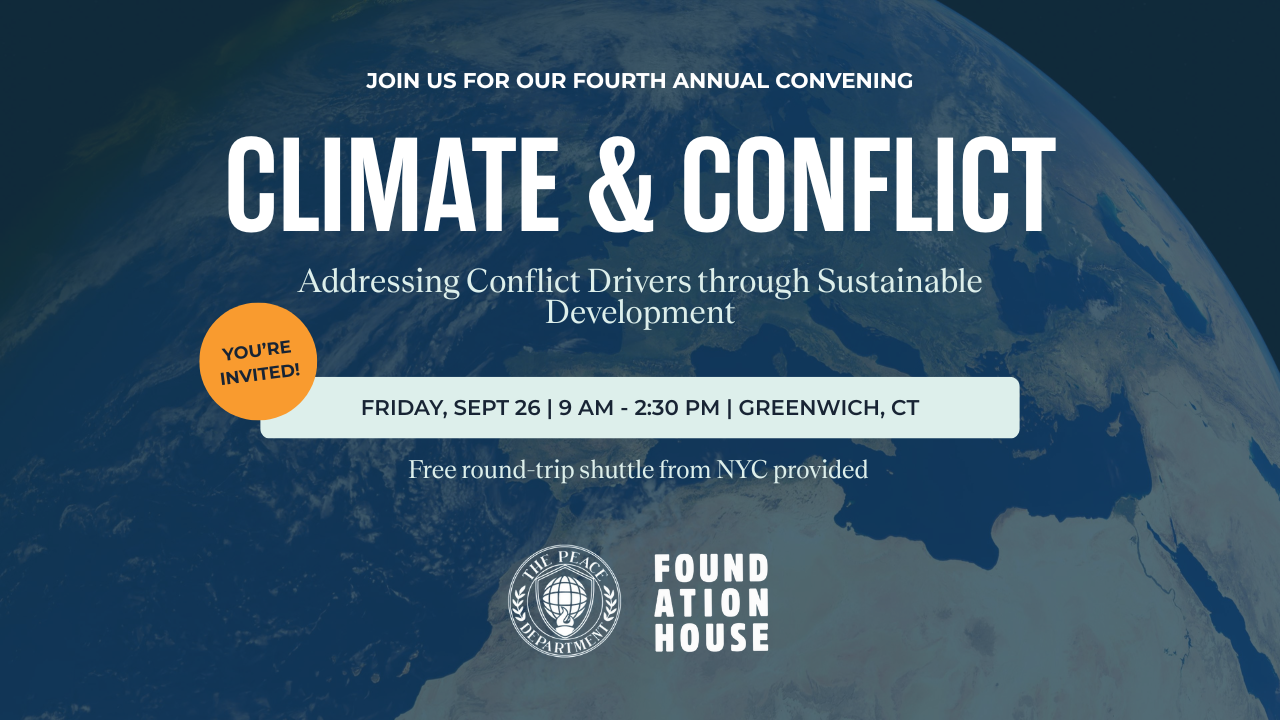The SDG Pulse: Aug 2025
Scientists Shift from Lab Coats to Advocacy: A New Era of Climate Activism
Despite decades of scientific warnings, scientists are increasingly joining social movements, moving beyond traditional research to become active climate advocates through protests, policy engagement, and institutional reform. This is exemplified by the growing scientific backlash to federal reports that critics say ignore or twist climate data to justify policy reversals.
Key engagement strategies:
Direct advocacy: Lab-coat protests and expert testimony in activist court cases
Political action: Championing climate legislation and building coalitions with MPs
Institutional change: Cutting fossil fuel ties, reorienting research toward sustainability
Five Pathways to Optimistic Futures: Youth Leaders Chart the Course Forward
500 young leaders from 150+ countries at the 2025 Global Shapers Annual Summit redefined global leadership priorities. The largest youth generation in history (1.8 billion) rejects traditional models, advocating for compassionate leadership and inclusive solutions.
Youth-driven priorities:
Purpose-driven leadership: Emphasizing empathy and collaboration over outdated efficiency models
Tech for humanity: Demanding AI serve people and planet with youth voices in governance
Just transition: Economic policies ensuring no communities left behind in sustainability shifts
Just Labor Transition: Making Clean Energy Work for Workers and Communities
Research reveals five critical challenges threatening equitable energy transitions. While 14 million new clean energy jobs will be created by 2030, most displaced fossil fuel workers lack necessary green sector skills. As federal funding dries up, many tribes are taking the lead by launching their own workforce programs to train members as solar installers and electricians anyway.
Key challenges and solutions:
Skills mismatch: Need diverse retraining aligned with local opportunities beyond clean energy sectors
Informal workforce: 60% of global workers need innovative programs like cash transfers
Financing gap: 3-6% of world GDP needed annually requires international collaboration
Finance Sector's Climate Commitment: More Than Meets the Eye
Despite headlines about banks leaving climate alliances, financial institutions haven't abandoned sustainability. HSBC announced $54.1bn in sustainable financing (up 19%), while global energy transition investment hit a record $2.1 trillion in 2024. While overall private investor participation has decreased in 2025, investment in later-stage clean tech deals has increased by 35%.
Banking sector climate reality:
Strategic pivot: Moving to measurable, science-based targets aligned with business models
Continued investment: Private equity channeling billions into clean tech despite political headwinds
Pragmatic approach: Focusing on transition finance for hard-to-abate sectors
Private Foundations Embrace Place-Based Impact for Sustainable Results
Philanthropic trends show increased emphasis on place-based giving strategies recognizing community-specific needs. Foundations are moving toward transparency and measurable impact as donors become more discerning.
Foundation evolution:
Geographic specificity: Adapting grantmaking to local demographic changes and community realities
Values formation: Building community values proactively rather than just reforming problems
Measurable outcomes: Greater emphasis on demonstrable impact and accountability
COP30 Corporate Participation Crisis: Why Business Presence Matters
With COP30 approaching in Brazil's Amazon, companies and NGOs consider skipping negotiations due to logistics challenges and shifting climate leadership dynamics. Clean energy investment needs exceed $4 trillion annually by 2030. To address this, Brazil has launched the "Sustainable Business COP30" platform to strengthen private sector participation and share decarbonization success stories.
Corporate engagement challenges:
Logistical barriers: Remote Amazon location creating participation difficulties for private sector
Political shifts: US eliminated State Department climate office, lacking official COP30 representation
Critical timing: Sustained business leadership needed for massive investment requirements
This month, we were particularly focused on the complex interplay between shifts in environmental policy and their implications on societal stability. As you read these updates, consider the ripple effects of policy changes across diverse sectors, including finance, philanthropy, science, youth, and faith -- as well as how they affect our sense of economic, climate, and national security. This directly ties into our upcoming event, Climate & Conflict, where we'll unpack these vital connections. Join us as we explore how seismic political shifts and climate setbacks are reshaping American life, and what we can do now to protect and propel the green transition.








